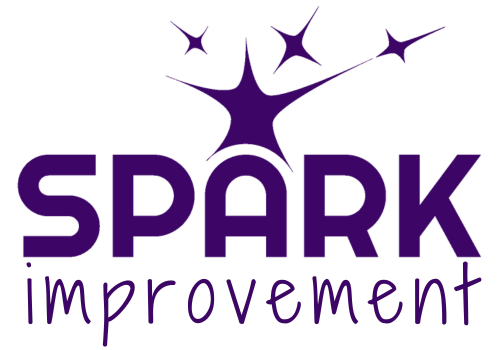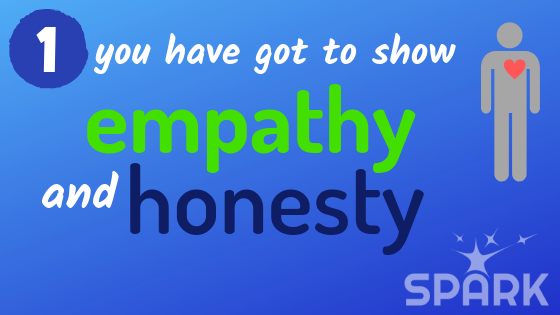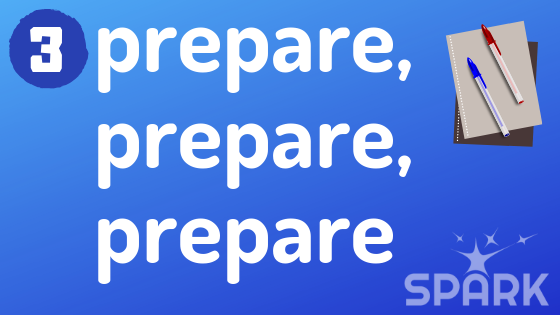3 Tips to help you communicate better in stressful situations
Fourteen years ago, I attended a brilliant one-day workshop at the Roffey Park Institute led by Dr Vincent Covello of the Center for Risk Communication in New York. Dr Covello is an internationally recognised expert in risk, crisis, conflict, change, and high-stress communications. The workshop was titled ‘Communicating in Times of High-Stress’ and I requested to attend to help me prepare some training material around communication. I thought it would be interesting and I might get a few insights to add to my training.
Little did I know quite how useful it would be, and how I would go on to use what I learnt in that workshop pretty much every week for the next fourteen years.
The workshop focused on a number of examples of communication after very stressful events and huge crises, such as after terrorist attacks and outbreaks of disease, but what I quickly realised was that the key points were not just applicable to major disasters – they were also relevant to day-to-day communication as an improvement manager.
Or ANY manager actually.
One person’s high-stress extraordinary event could be another person’s Tuesday afternoon.
High-stress does not have to mean there has been an outbreak of smallpox. It could mean that someone is extremely anxious about losing their job (a common reaction when improvement initiatives start – people can wrongly assume the goal is head-reduction) or they might feel completely overwhelmed by a project or a role.
This study undertaken in 2018 suggests that almost three-quarters of UK adults have at some point felt so stressed they have been overwhelmed or unable to cope.
Let’s say someone has worked in a production area for 10, maybe 20, years. They know the process inside out. They’ve got it down to a tee. But now their manager has said that things are going to have to change. That production has to be ramped up to fulfil a new customer, and so the whole process is going to be looked at.
All of a sudden, their calm, comfortable, familiar workspace is going to change and they don’t really know what is coming.
For some people, THIS is high-stress.
Looking back over the workshop handouts, my scrawled pages of notes, and the mind-map I drew up afterwards, there were lots of useful points, but there are three that have really stuck with me, and that I refer to and tell others about regularly.
YOU HAVE GOT TO SHOW EMPATHY AND HONESTY
Dr Covello explained that the research shows that in a low-stress situation, the key factor influencing whether someone trusts you or not, is their belief in your expertise.
80-85% of their trust is determined by their judgement of your competence.
However, in a high-stress situation, your competence only accounts for 15-20% of their trust. The amount the other person feels you listen, care and empathise makes up 50%. And how open and honest you are, accounts for a further 15-20%.
Dr Covello expressed this simply as:
‘When people are stressed and upset, they want to know that you care before they care what you know.’
That sentence has stayed with me ever since.
It is applicable to so many things. So many conversations – at work and at home.
AVOID USING NEGATIVE WORDS
If someone is stressed, they are less likely to actually hear any negative words – for example no, not, don’t, never, nothing, none etc. Their brain seems to just ignore them.
Imagine there is a child stuck up high in a tree.
About the worst thing you can say is ‘Don’t fall’ or ‘Don’t let go’. They will likely just hear the words ‘Fall’ and ‘Let go’. They won’t hear the negative words.
The best thing to say is ‘Hold on tight’ or ‘Stay still’ keeping it positive and clear (and obviously call for help or find someone with a ladder).
If you are faced with an emotional statement, accusation or allegation, turn your response around to focus on what you know to be true and what you want to get across.
For example, if someone is overwhelmed by a project and comes to you for help:
‘This project is too much for me! I am going to fail!’
Resist the urge to repeat back their statement and add in some negatives: ‘This is not too much for you. You are notgoing to fail.’
Instead focus on positive words: ‘You have so many skills, and I know we can work this out together so you succeed’.
It takes practise to build a habit to only use positive words in your statements and responses, but it is massively beneficial when you do.
PREPARE, PREPARE, PREPARE
Lastly, before you go into a stressful situation or discussion, prepare a list of possible questions that could be asked by the people you are going to talk to.
Anticipate what they will be concerned about, and prepare a clear, concise (and positive) response for each.
This might take a little time, but it makes it far more likely that you won’t be caught out and your answers are far more likely to be consistent and accurate.
At the workshop, we went through a case study of Mayor Giuliani’s public communication immediately after the awful events of 9/11. Dr Covello explained that Giuliani and his team had prepared the structure of all that he said – all of his statements, all of his responses to questions from the media – six years prior. He and his team had worked to predict what questions would come after a terrorist attack, and how best he could answer them.
This one is the boring one I know.
It involves some work beforehand. But that work upfront could make a huge difference to what people hear and help you answer tricky questions seamlessly.
I have used this in various different forms – from those times when I have had lots of time to prepare and so spent a week or so predicting questions and preparing responses, to those with less notice when I have spent half an hour brainstorming what people might want to know and quickly formulating a good response.
Any preparation is better than no preparation.
Like I said earlier, I learnt a huge amount from Dr Covello, but these three points are the ones that have been most useful to me, and I’d guess I have used one or more of them every week since 2005.
Do you have any tactics that you employ to help you better communicate during stressful situations?
Please let me know in the comments.






